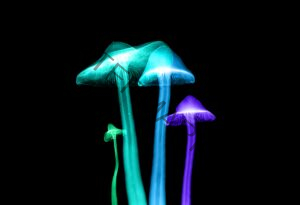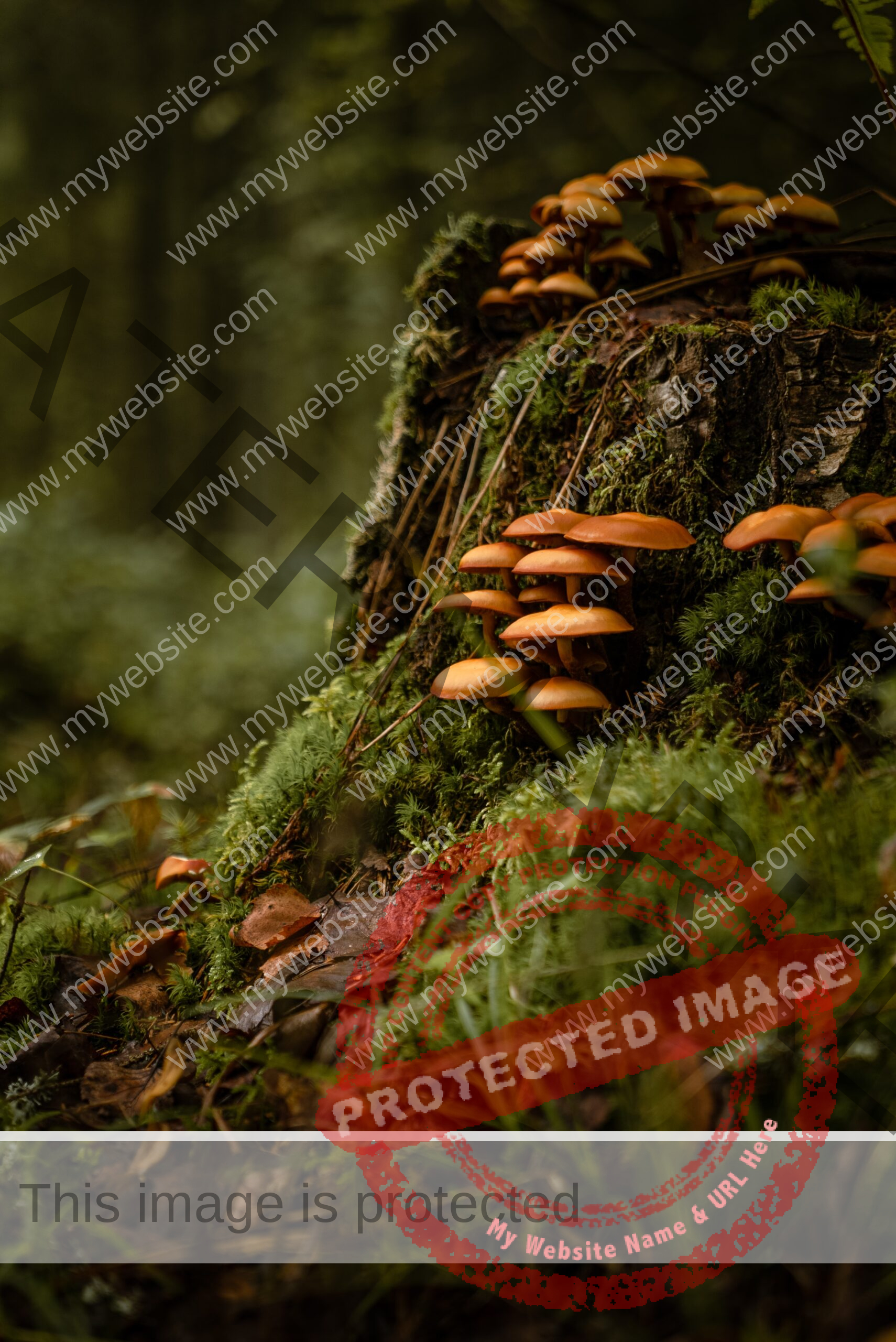
The Potential of Psychedelic Mushrooms for ADHD: A Promising Pathway to Empowerment
Introduction:
Attention Deficit Hyperactivity Disorder (ADHD) affects millions of individuals worldwide, making it a significant challenge to focus, stay organised, and control impulsive behaviours. While traditional treatment options exist, such as therapy and medication, recent research has shed light on the potential benefits of psychedelic mushrooms for ADHD.
In this blog, we will delve into the intriguing realm of “ADHD mushrooms” and discuss their potential role in managing ADHD symptoms and promoting overall well-being.

Understanding ADHD and Its Challenges
ADHD is a neuro-developmental disorder characterised by persistent patterns of inattention, hyperactivity, and impulsivity.
Individuals with ADHD often struggle with academic or professional performance, social relationships, and emotional well-being. While various treatment modalities have been effective for many, the search for alternative or adjunct therapies is always ongoing.
 The Magic of Mushrooms – A Brief Overview
The Magic of Mushrooms – A Brief Overview
Psychedelic mushrooms, also known as magic mushrooms or psilocybin mushrooms, have been used for centuries in spiritual and therapeutic practices across different cultures.
These mushrooms contain psilocybin, a naturally occurring compound that acts on serotonin receptors in the brain, resulting in altered perception, cognition, and mood. The subjective experiences induced by psilocybin are often described as mystical and insightful, accompanied by a sense of interconnectedness and heightened self-awareness.
Shedding Light on the Potential Benefits
Recent studies have started to investigate the potential benefits of psychedelic mushrooms for various mental health conditions, including depression, anxiety, and post-traumatic stress disorder (PTSD), as well as increasing creativity (Kargbo, 2020).
While research specifically focusing on mushrooms for ADHD is limited, anecdotal evidence and preliminary findings suggest that they could hold promise as an adjunct therapy.
 Enhanced Focus and Concentration
Enhanced Focus and Concentration
One of the core challenges faced by individuals with ADHD is maintaining focus and concentration (Kuypers et al., 2019).
Psychedelic mushrooms may offer a unique pathway to address these issues. Some individuals have reported experiencing increased mental clarity and improved attention span after a psilocybin session.
These anecdotal reports highlight the potential of mushrooms to support individuals with ADHD in achieving a state of heightened focus.
Reduced Impulsivity and Hyperactivity
Impulsivity and hyperactivity are hallmark symptoms of ADHD, often leading to difficulties in personal relationships and self-regulation (Lowe et al., 2021).
The introspective and introspection-inducing properties of psychedelic mushrooms may help individuals gain a deeper understanding of their behaviours and thought patterns.
By cultivating self-awareness, individuals with ADHD may be better equipped to manage impulsivity and hyperactivity effectively.
Emotional Regulation and Mood Enhancement
ADHD can frequently be accompanied by mood swings, anxiety, and irritability. The psilocybin experience has been reported to induce a state of emotional openness and introspection (Kisely et al., 2022).
By facilitating a deep dive into one’s emotions, psychedelic mushrooms may enable individuals to gain insights into the root causes of emotional challenges and develop effective coping strategies. This potential for emotional regulation and mood enhancement could greatly benefit those with ADHD.
 Improved Cognitive Flexibility
Improved Cognitive Flexibility
Cognitive inflexibility, or the difficulty in shifting focus or adapting to change, is a common cognitive deficit in ADHD.
Studies have suggested that psilocybin may promote neuroplasticity—the brain’s ability to reorganise and form new connections (Vargas et al., 2023).
By enhancing cognitive flexibility, psychedelic mushrooms may help individuals with ADHD become more adaptable and better equipped to handle various cognitive tasks.
Enhanced Self-Reflection and Personal Growth
ADHD can often lead to feelings of frustration, low self-esteem, and a sense of being “different.” The psychedelic experience induced by mushrooms has been associated with increased self-reflection, insights, and personal growth.
By embarking on a transformative journey with psychedelics, individuals with ADHD may gain a renewed perspective on their strengths, challenges, and unique qualities, leading to enhanced self-acceptance and empowerment.

Conclusion
While the potential of psychedelic mushrooms for ADHD holds promise, it is crucial to emphasise that further research and clinical trials are needed to fully understand their efficacy, safety, and optimal dosage.
In the realm of mental health, exploring alternative therapies is vital to provide comprehensive care. ADHD mushrooms, or psychedelic mushrooms, have captivated the curiosity of researchers, therapists, and individuals seeking new avenues for managing symptoms and promoting well-being.
By embracing a dynamic and positive approach, we can encourage open discussions, rigorous research, and responsible use of these fascinating substances, ultimately empowering individuals with ADHD to lead fulfilling lives of self-discovery and personal growth.
